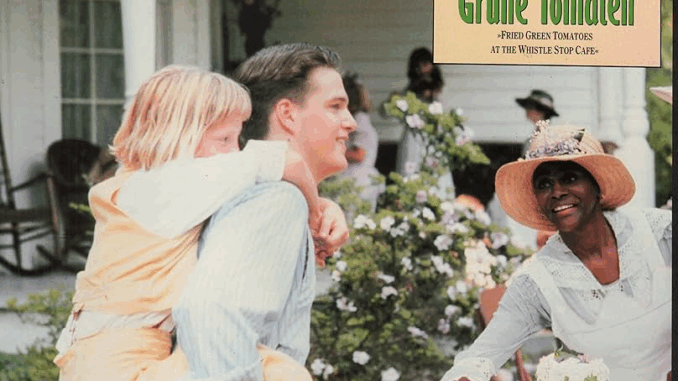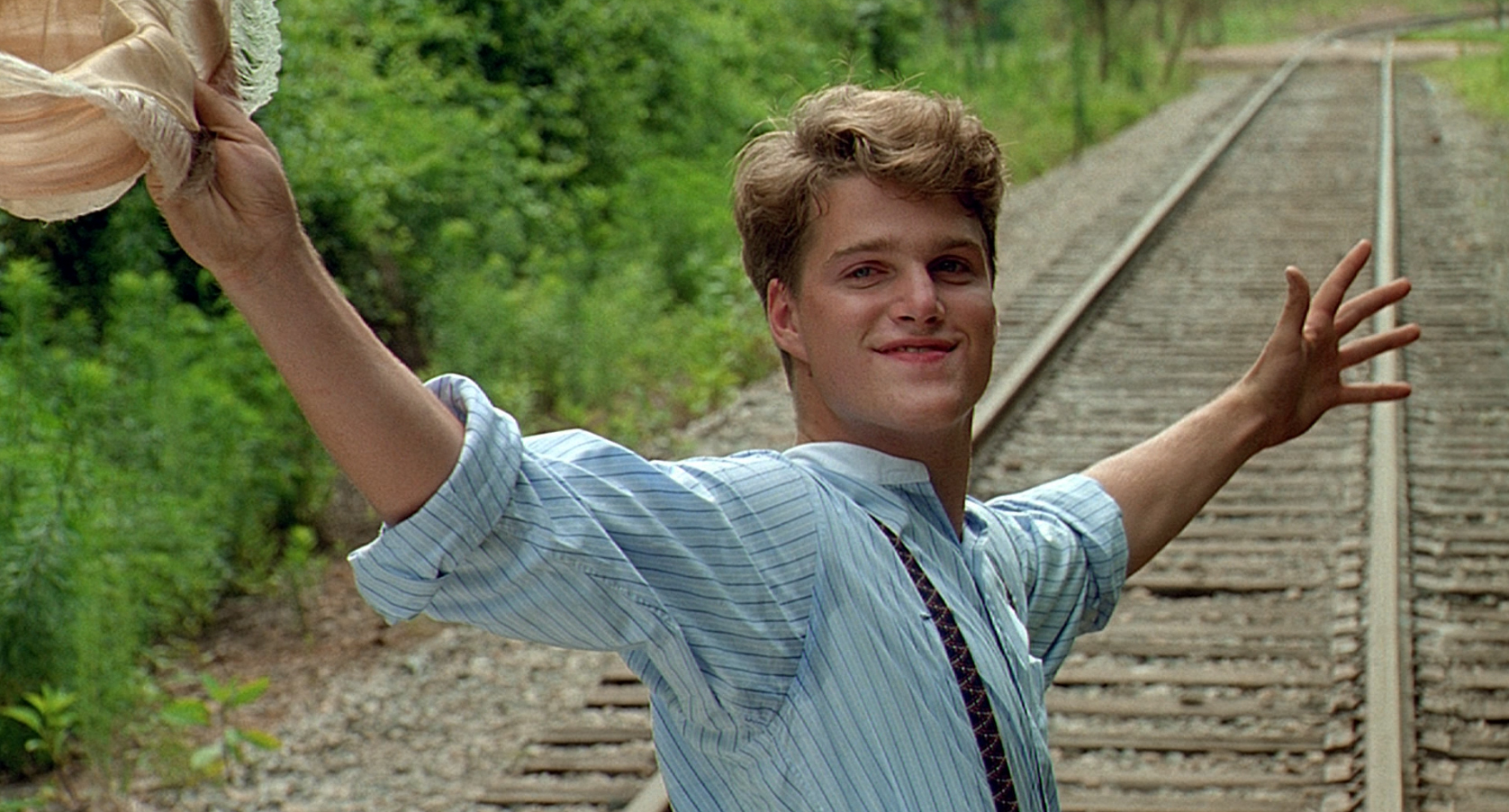
While Fried Green Tomatoes is deeply rooted in personal relationships, one of the most powerful but understated layers in the film is the backdrop of American history, particularly the effects of World War I, the Great Depression, and the looming shadows of racial injustice during the Jim Crow era. These historical forces shape the lives of the characters in subtle but lasting ways, influencing everything from business decisions to personal values.
Whistle Stop: A Town on the Brink
Whistle Stop, Alabama, is a fictional town that feels real — because it is built on real social and economic patterns of the early 20th-century South. At the time Ruth and Idgie open the Whistle Stop Café, the country is grappling with the aftershocks of World War I and bracing for economic disaster. Jobs are scarce, racial tensions are high, and traditional Southern hierarchies are beginning to crack.
Yet, the café becomes a symbol of resistance — not just to hardship, but to apathy. Idgie and Ruth offer free meals to struggling families, provide safe space for Black workers like Sipsey and Big George, and refuse to let the collapsing economy dictate their kindness.
The Depression Years: Survival through Community
Though the film does not explicitly date every event, contextual clues suggest that much of the café’s operation takes place during the Great Depression (1929–1939). This period saw banks fail, crops wither, and unemployment skyrocket. Yet, in Whistle Stop, resourcefulness replaces despair.
Idgie uses bartering, local sourcing, and no-waste cooking to keep the café afloat. Ruth contributes her organizational skills. Together, they redefine success not in profit, but in impact — feeding the hungry, protecting the marginalized, and giving people a place to belong.
Food as Political Statement

In a time when people were starving, food wasn’t just comfort — it was currency, dignity, and resistance. The café serves everyone regardless of race, which during Jim Crow was radical, even dangerous. Big George, the café’s Black cook, is treated with respect and equality — a clear act of quiet defiance.
This inclusive approach directly challenges the segregated norms of the South, especially when contrasted with scenes showing the Ku Klux Klan’s presence, and the casual racism Evelyn encounters in the present day.
Shadows of War and Loss
While World War I is not front and center, its consequences loom. Buddy Threadgoode’s style, idealism, and tragic death evoke the lost generation of men whose lives were cut short or altered by war-era instability.
Ruth, who would have grown up in the wake of wartime loss, brings a gentler, more introspective presence — a contrast to the aggressive masculinity seen in Frank Bennett, a symbol of unresolved postwar violence.
Black Characters in a White Town: Quiet Resistance
Characters like Sipsey and Big George represent Black Southern resilience during systemic oppression. Their presence in the café and their relationship with the Threadgoode family offer glimpses into a micro-community of mutual respect, though always under the threat of racial violence — as seen when Big George is falsely accused of murder.
The film doesn’t shy away from these realities but filters them through intimate storytelling rather than grand speeches — a choice that makes their experiences even more poignant.
The Decline of the Railroad: A Town Fades
In the film’s present-day narrative, Whistle Stop is nearly abandoned. The train no longer stops there. The café is gone. This physical decline mirrors the fading of many small Southern towns post-WWII, as railroad commerce gave way to highways and urban migration.
Evelyn’s discovery of the town’s past is like unearthing an America that has been lost — not just economically, but spiritually. Her journey is as much about reclaiming Whistle Stop’s story as it is about reclaiming her own power.
When History Speaks Softly
Fried Green Tomatoes rarely names historical events, but they saturate the narrative. From the legacy of war, to the challenges of the Great Depression, to the quiet rebellion against racial injustice, the characters live within — and push against — the limits of their time.
Their resistance isn’t loud. It’s in a free plate of fried green tomatoes, a secret friendship, a choice to stay open one more day. And that, perhaps, is the most powerful kind of historical memory: the kind preserved in acts of love and courage rather than dates in a textbook.
